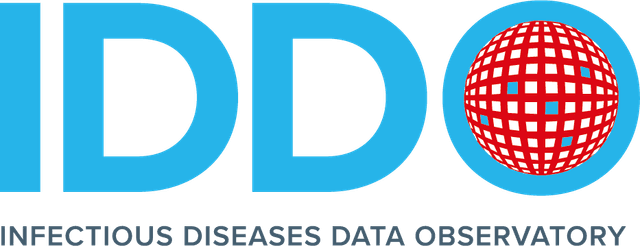NCT0426292110.48688/gyhy-za78(2020)
Infectious disease is the single biggest cause of death worldwide. New infectious agents, such as the SARS, MERS and other novel coronavirus, novel influenza viruses, viruses causing viral haemorrhagic fever (e.g. Ebola), and viruses that affect the central nervous system (CNS) such as TBEV & Nipah require investigation to understand pathogen biology and pathogenesis in the host. Even for known infections, resistance to antimicrobial therapies is widespread, and treatments to control potentially deleterious host responses are lacking. In order to develop a mechanistic understanding of disease processes, such that risk factors for severe illness can be identified and treatments can be developed, it is necessary to understand pathogen characteristics associated with virulence, the replication dynamics and in-host evolution of the pathogen, the dynamics of the host response, the pharmacology of antimicrobial or host-directed therapies, the transmission dynamics, and factors underlying individual susceptibility. The work proposed here may require sampling that will not immediately benefit the participants. It may also require analysis of the host genome, which may reveal other information about disease susceptibility or other aspects of health status.DOI Created: Fri, 06 Aug 2021 00:56:38 GMT
DOI Updated: Fri, 12 Dec 2025 16:51:49 GMT
